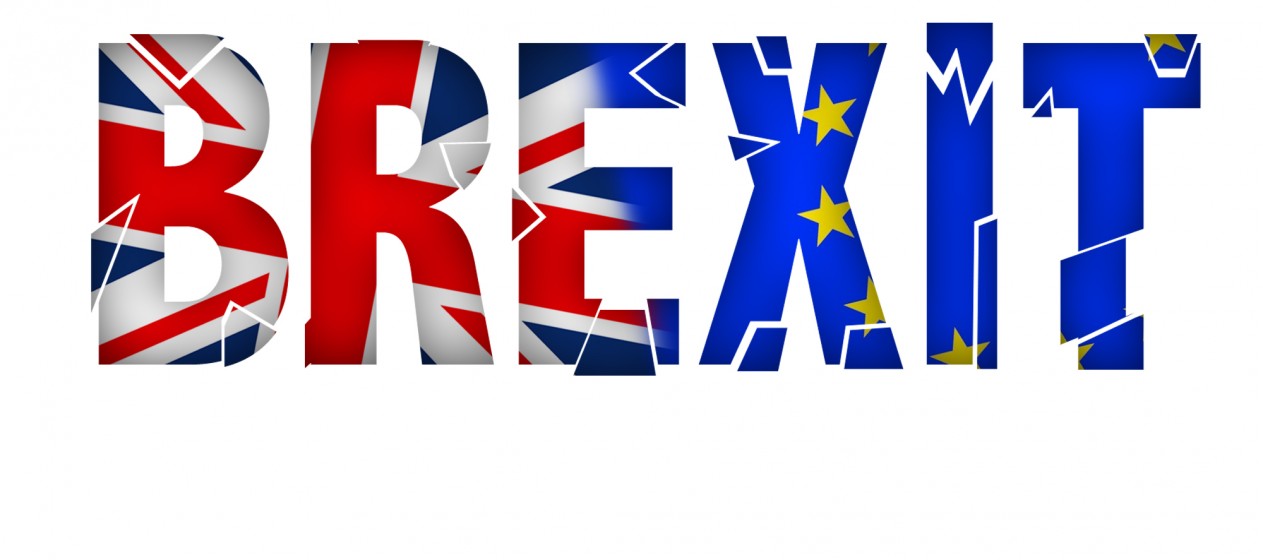Following the vote to leave the European Union, there has been a sudden upsurge in racist incidents in Britain. The wave of hate has taken many people by surprise, and has laid bare some of the tensions and divisions eating away at the heart of the United Kingdom.
It has also called into question Britain’s claim to be a liberal and inclusive multicultural society, leading to considerable soul searching. A state that has often spoken out against identity politics and prejudice abroad is now facing up to the reality that these issues need to be addressed back home.
Predictably and understandably, much of the recent commentary as focussed on the divisive referendum campaign and the fact that the UK voted to leave. But to understand contemporary race relations we need to go back a lot further than the events of the last few months. The seeds of the current crisis were sown generations ago in the failure of politicians and intellectuals to address the legacy of the British Empire and to speak positively about the contribution that immigrants make to the country.
In this sense, the recent explosion of racism is not simply the product of few small minded individuals but reflects the failure of the political elite to stand up and be counted on one of the most important issues of all.
Since the Brexit decision was announced, the media has been awash with reports of racism. Racist graffiti has been daubed on shops owned by “foreigners”. Parents speaking a foreign language to their children have received horrible comments at bus stops, in supermarkets and in parks. Cards have been left outside the houses of Polish families telling them to go home. In one heart breaking incident, the card was found by an eleven year old boy who couldn’t understand why his neighbours wanted him to leave and said that he felt “really sad”.
Most of these incidents have involved verbal rather than physical violence, but this has not always been the case. A halal butcher shop in London was firebombed just days after the vote, when a white attacker threw a petrol bomb at a member of staff. There have also been a number of incidents that stopped short of physical attacks but that were clearly intended to threaten and intimidate. In Birmingham, not far from where I live, a small group of white men and women draped in the English flag congregated near a mosque to hurl abuse. In both of these examples the victims were identified as “foreigners” by their attackers, despite being British citizens.
FORMALLY REPORTED
Overall, 85 incidents were formally reported to police in the three day period following the vote, up 57 per cent compared with the same days four weeks earlier. This figure is likely to be a massive underestimation because the vast majority of incidents go unreported. In some cases, this is because the attacks were brief and there were no witnesses. In others, it is because the victims feel vulnerable and isolated – as a friend who did not report a series of racist incidents recently said to me “they know were I live”.
It is tempting to think that the recent outburst of racism is something new created by the Brexit debate. This would certainly be a soothing thought for the country’s anti-racist campaigners, who worry that they no longer recognise their country. But it would not be true. Of course, racists have been emboldened by the exclusionary language of the referendum debate and the fact that the “leave” campaign was victorious. It is also clear that the strong focus on immigration during the campaign increased the salience of this issue. But while Brexit may have strengthened and revealed these attitudes, it did not create them.
On the whole, the people seen waving England flags and swearing at “foreigners” in the last few weeks held racist views long before the referendum – indeed, many have held them for their most of their adult lives. If anything, Brexit was a product of the suspicion of many Brits to foreign peoples and concepts, not the cause.
It has become a cliché to note that when English people go to Spain or France they talk about “going to Europe” as if they are not part of the continent, but it also reveals an important truth.
The UK’s island status means that it does not share a border with any of its neighbours. As a result, it lacks the cosmopolitan border areas in which one nationality and language blends in to another. While borderlands are some of the most cosmopolitan parts of places like France and Germany, the towns that sit along Britain’s coastline tend to be less diverse and more suspicious of outsiders.
It is not just that many people in the UK do not feel part of Europe – they have not felt part of any kind of broader identity for at least 70 years. This stands in stark contrast to public attitudes in mainland Europe, or the spirit of pan-Africanism that has at times supported a sense of collective identity and common purpose.
ONE PROBLEM
Geography, of course, is only part of the problem. Like many political elites in Europe, British leaders have often manipulated immigration for their own ends. Back in 1968, the Conservative right wing Member of Parliament Enoch Powell made an infamous speech in which he described the race policies of the then government as “throwing a match on to gunpowder”. In case his audience had not got the point, he forecast a rapid rise in immigration, concluding that he was “filled with foreboding. Like the Roman, I seem to see ‘the River Tiber foaming with much blood’”.
Although Powell was widely criticised, surveys conducted at the time suggested that 67-82 per cent of the population agreed with his comments. And while Powell was subsequently sacked from his post of Shadow Secretary of State for Defence, the political leaders who came after him did not do enough to close the gap between their policies and public opinion. In part, this is because successive prime ministers, governments and many public intellectuals have shied away from tackling the mood of British exceptionalism and superiority, much of which is based on a false understanding of the British Empire.
Consider the response of the British government to the demands of Mau Mau veterans for compensation for the abuses that they suffered during colonial rule. Although the UK ultimately paid up and issued an apology, it had to be brought kicking and screaming to court, and sought to stop the proceedings on a number of occasions. It is not just political leaders that would prefer to gloss over the dark episodes of British history. An interview with the British television presenter Jeremy Paxman that was published in The Times newspaper ran under the title “Our empire was an amazing thing”.
Given this, it is hardly surprising that a recent poll found that 43 per cent of British people think that the country should be proud of the Empire, while only 11 per cent of people support the proposal of the Rhodes Must Fall campaign to remove the statue of the British colonialist, Cecil Rhodes, from Oriel College in Oxford. Similarly, a majority of Brits believe that “the countries that were colonised by Britain are now better off for it” and 34 per cent even said that they would like the country to have an Empire again.
Unsurprisingly, attitudes vary across party lines and by age. On the whole, people in Scotland and younger voters living in more urban areas are the most likely to think that the statue of Rhodes should be removed. At the same time, supporters of the Labour Party are more likely to say that colonial rule was a bad thing than those who back the Conservatives or UKIP. It is no coincidence that these attitudes towards the Empire closely mirror voting patterns in the EU referendum.
The challenges of geography and a false sense of superiority based on an exclusive (i.e. white) identity have been consolidated by the use of immigration as a political football. Although all of the main political parties officially condemn the demonisation of immigrants, successive governments have allowed the public to gain the impression that they represent a burden on the UK. This has given rise to the widely held assumption that problems of service delivery in healthcare and education are related to high immigration from other EU states.
PUTS PRESSURE
Of course, it is true that population growth of any kind puts pressure on infrastructure, but in reality falling investment in public services represents a political choice by the current Conservative government, which has opted to spend the tax revenues generated by immigrants and refugees on tax cuts for businesses and reducing the deficit rather than expanding healthcare and education provision.
By masking this reality, the debate on immigration has led to the targeting of people from Poland and other European states by racists who would previously have focused on immigrants from Africa and Asia. As a result, the recent spike in racism is more about a rejection of perceived “foreigners” in general than about skin colour.
The good news is that the number of people that have made racist comments is a small proportion of the total population, and that many more are fighting back. Friends of mine in Sheffield recently handed out their own “anti-racist” cards in their community, passing on messages of love and solidarity. The actions of ordinary people like them need to be matched by a change in the way that political leaders tackle these issues. If the last few weeks have shown us anything, it is that the failure to deal with issues of race and Britain’s place in the world is causing great harm both to the fabric of society and to the national interest.
This post originally appeared on the website of the Daily Nation, under the title, “Race and Racism in dis(United) Kingdom”.





